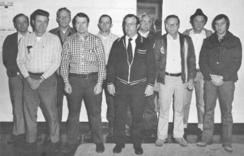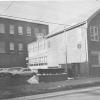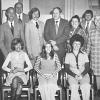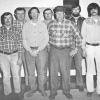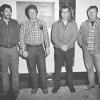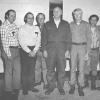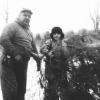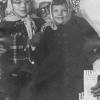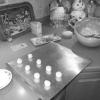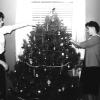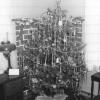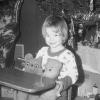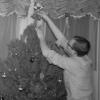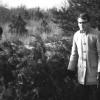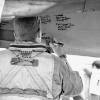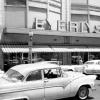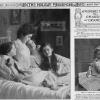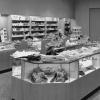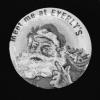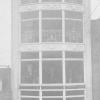301-582-3885
Maryland Cracker Barrel Magazine
Celebrating 50+ Years
Reflections: A-10 Makes Its Final Approach
By Suanne Woodring
Reminisce with us as we look back on the memories of a few of Washington County's residents. Excerpts featured here are from the current Winter 2025 issue.
For more information, please
Or call 301-582-3885
Maryland Cracker Barrel Magazine: Sentinel of Washington County's Heritage
"...The last A-10 Thunderbolt II (“Warthog”) from the Maryland
Air National Guard will be on permanent display at the
Hagerstown Aviation Museum. Fairchild built over 700 A-10s. This particular one was built in 1979. The museum is the home of the largest collection of Fairchild aircraft in the world. This is another great outing in the local area...."
Pausing to Ponder: Herald Mail Memories Installing the Phone System
By Vickie Martin Layton
"...At this time, C&P was offering its latest telephone system called a Dimension PBX (Private Branch Exchange.) This system offered loads of new features, and one big new advantage – the size of the equipment. Previously, large PBX systems required a separate equipment room, loaded with specialized switching equipment allowing connections between internal extensions and external public lines. They needed to be large enough to accommodate the physical size of the PBX equipment, including racks, cabinets, and possibly shelves, along with adequate clearance for maintenance and access to cabling. The new Dimension PBX was about the size of a large refrigerator and only required floor space of 60 inches by 51 inches. Most of the system was fully prepared and programmed at the factory....The Dimension 400 System was proposed to Mr. Schurz in March of 1977, citing the variety of features...."
Window to Yesterday:
Dream Becomes Reality --
Eyerly’s Department Store
By Abigail Koontz
"...The name Eyerly’s Department Store inspires nostalgia for many Washington County residents who remember the magic of shopping in Downtown Hagerstown, especially during Christmastime. Eyerly’s grew from a small 19th century dry goods store to become a department store anchor along West Washington Street, open for eight-seven years. The history of Eyerly’s reflects the history of small town businesses across America, many of which endure now through archival photographs, old newspaper
clippings, and faded lettering painted on brick walls...."
